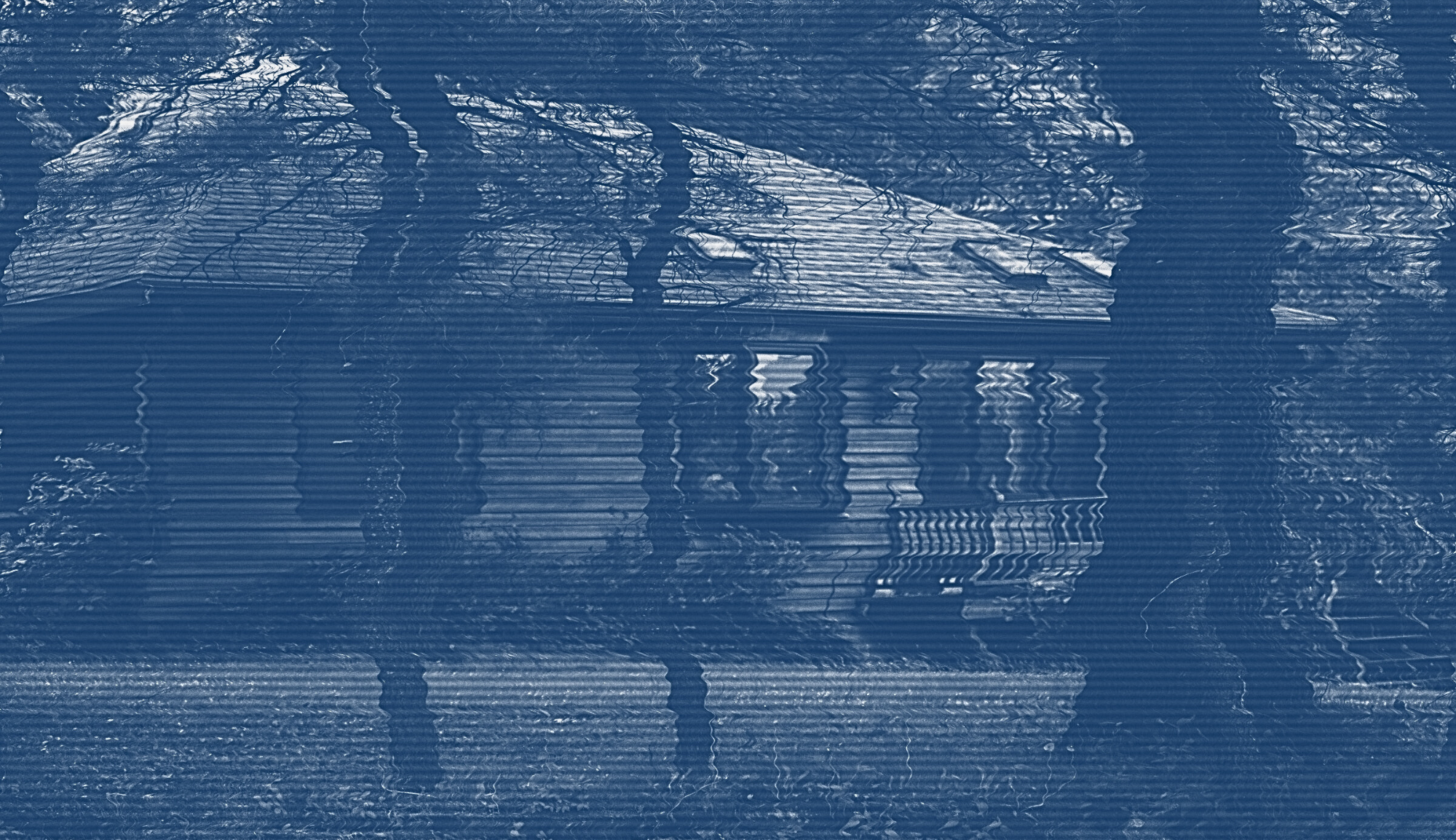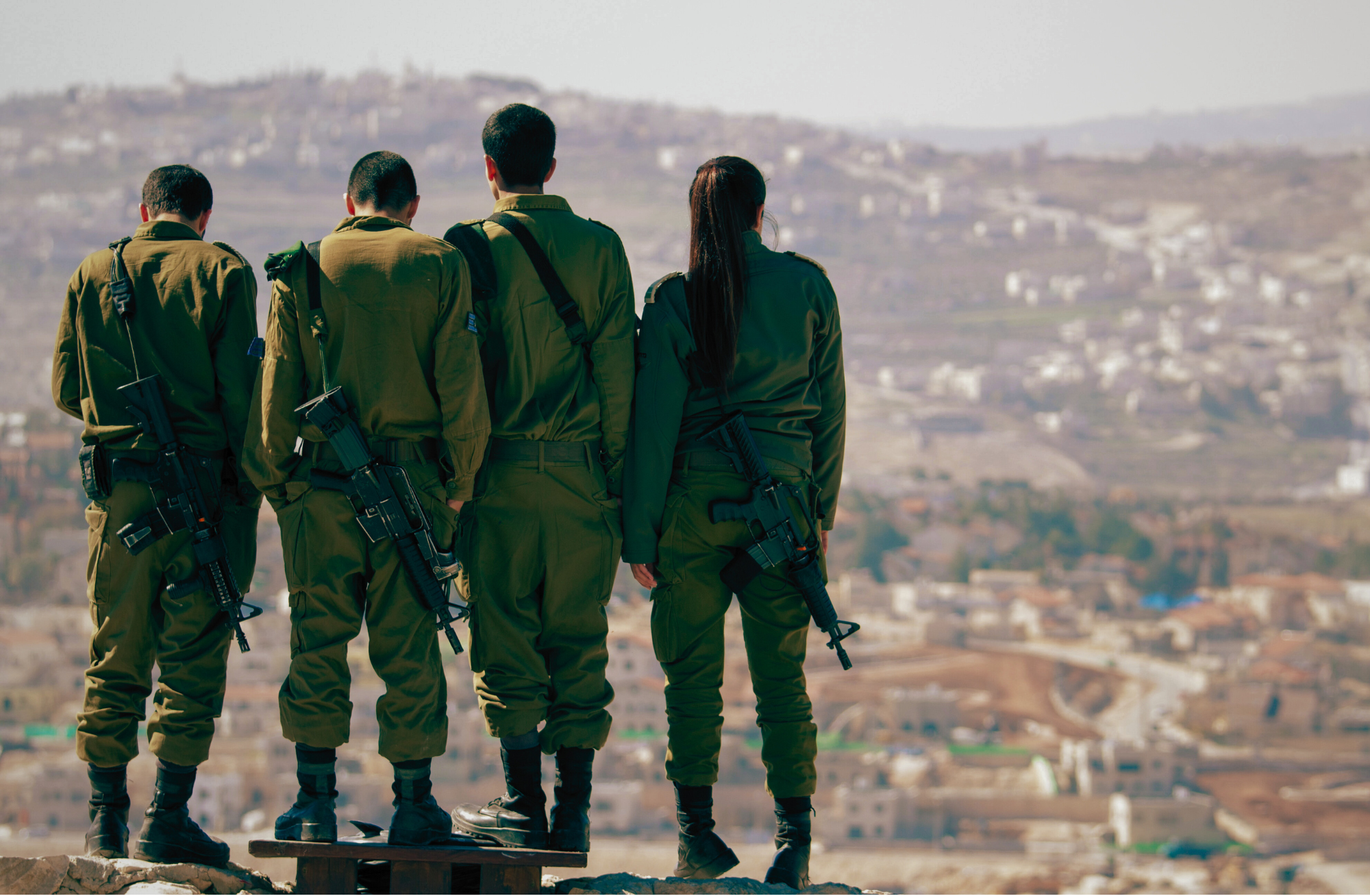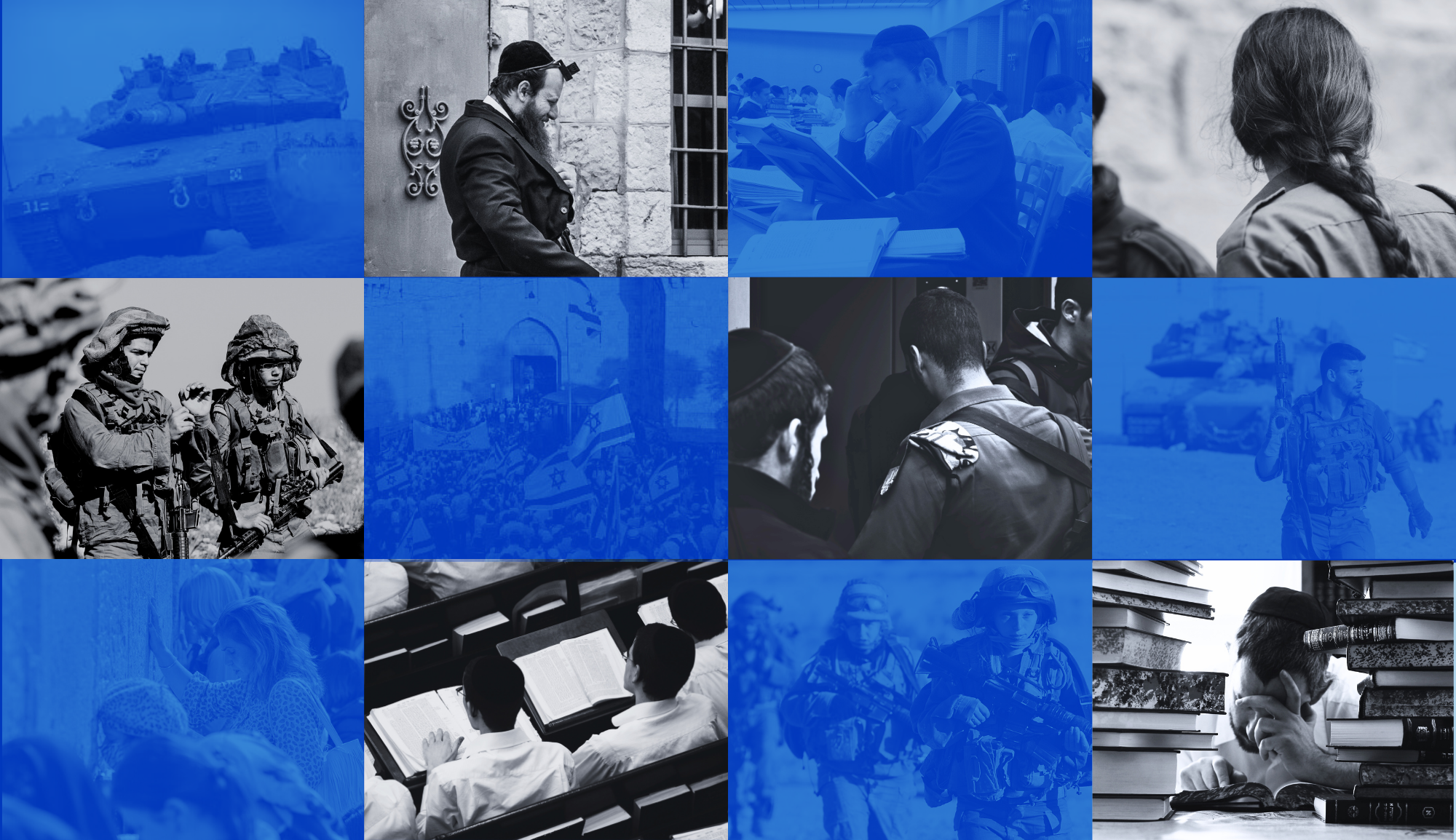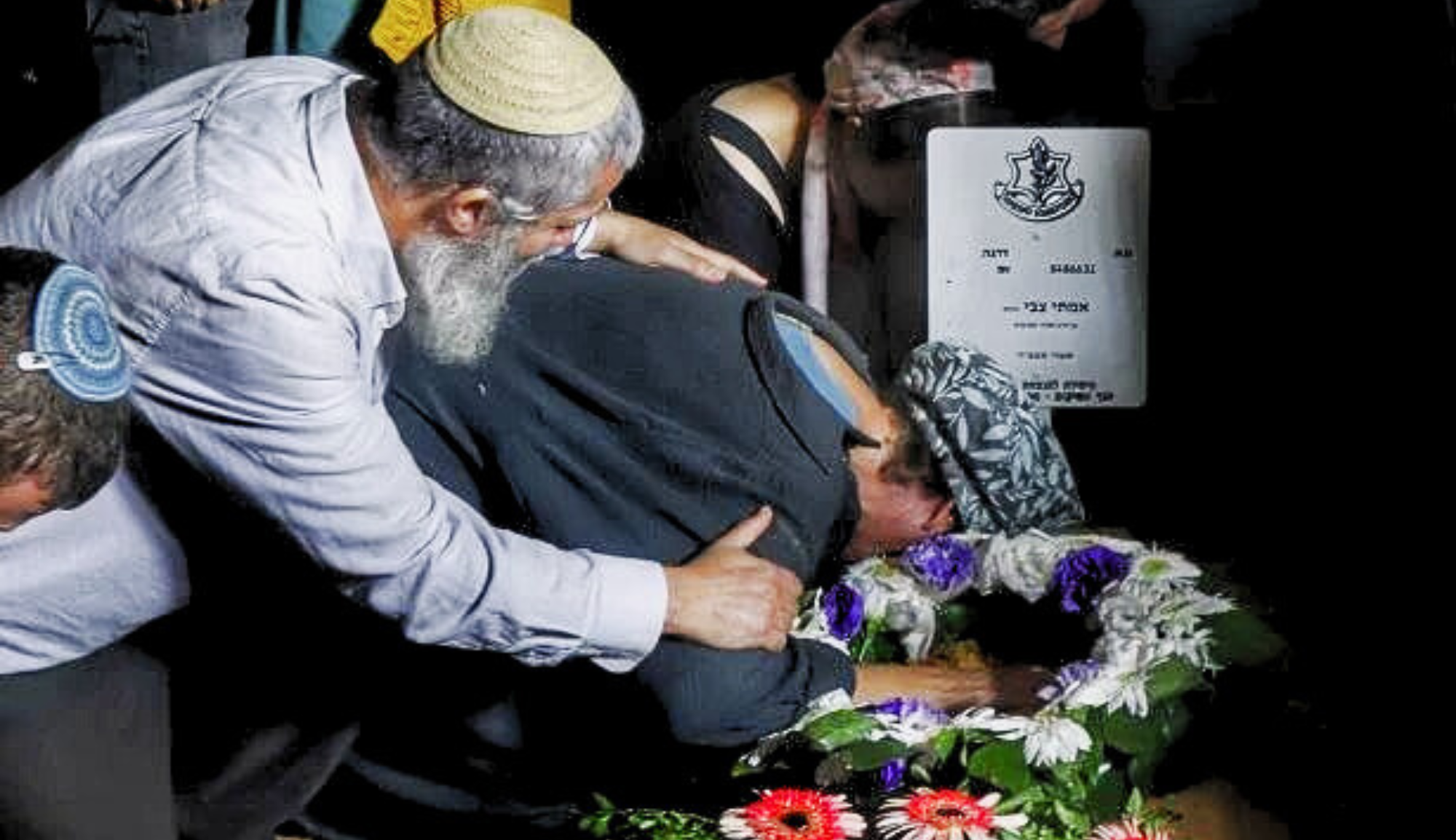As the CEO of an agency home to over 3,500 campers and staff members, I spent this summer with a bird’s-eye-view of the relationship between Israel and the American Jewish community. Against the backdrop of October 7, we welcomed 500 campers and 100 staff from across the full spectrum of Israeli society. Living among so many Israelis as an American Jew has reshaped my understanding of the trauma that Israel and its citizens are confronting post-October 7.
Despite our wholehearted embrace of Israel, we in America cannot fully comprehend the extent of the country’s trauma. I say “trauma” not as a diagnosis but as observations of how the war has reshaped — and in some ways redefined — the lives of Israelis.
That pain was evident to me from day one of this summer: when the distant sound of a delivery truck’s door slamming would startle groups of Israeli staff, or how asking about family at home would evoke tears as they confided how guilty they felt for smiling and laughing while their family abroad was under threat. It seemed like the war left its mark on their everyday life.
It was fairly common for me to hear a young person casually remark that all of their siblings (and often their extended family) were in some phase of military service. One Israeli staff member who had just been released from combat duty put it well: “For many of us, October 7 has still not ended.” I nodded in understanding while oblivious to the extent of what he meant.
At one point in the summer, I encountered a teenage boy sitting outside of a social hall where a dance party was held inside. I noticed him nervously fidgeted, and that his tanned, youthful face was moist with tears.
“It was too loud in there,” he said. “Because of the war, I can’t listen to anything loud, even music.” He was from Kiryat Shmona in the North, where Israelis are acutely at risk of rocket fire from Hezbollah. Of course, I thought, loud noises signaled something different to him.
“For many of us, October 7 has still not ended.”
That same day I saw a teenage girl run out of a room filled with young people dancing and singing. She held her face in her hands, sobbing and shaking. Her Israeli counselor physically supported her, arm under arm, as they fled the activity. Noticing my concern, the counselor explained in an undertone that sounded almost mournful that all this girl’s time in bomb shelters made her panic at large groups of people. Even when the groups are having fun, this camper still senses danger.
These experiences are seared in my mind’s eye, both because of their intensity and also because, almost one year since October 7, they presented as a fresh and fully open wound.
In the mix of our American and Israeli campers and staffers, I sensed a disconnect that I have seen elsewhere: the gulf between American and Israeli experiences of October 7 is miles apart. That’s understandable because, while American Jews are deeply affected by it, we are not at the heart of the threats.
Of course, there were many moments of joy, connection, and genuine unity between Israelis and Americans—and the loving support between them both was something special. But my experiences with Israeli campers and staff showed me that Israelis want us to more deeply understand their experience of October 7 and its aftermath. In almost every conversation, I saw them trying to bridge the gap between us.
I’m not sure either of us succeeded—and not for lack of trying. It wasn’t even a language or cultural issue. It was a reality because they are there and we are here. I believe that we in the American Jewish community can hold great anger and tremendous sadness alongside Israelis but we must accept that their pain is apart from ours. Therefore, we have an important task at hand: to hold each other close, maybe even closer than before, and bring their trauma into our world so that American and Israeli Jews need not feel so far apart.
Michael Schlank is the CEO of NJY Camps, an umbrella organization for seven cross-denominational residential summer camp programs and the NJY Retreat Center. Michael frequently speaks and writes on issues of leadership, Israel, and American Jewry.





































